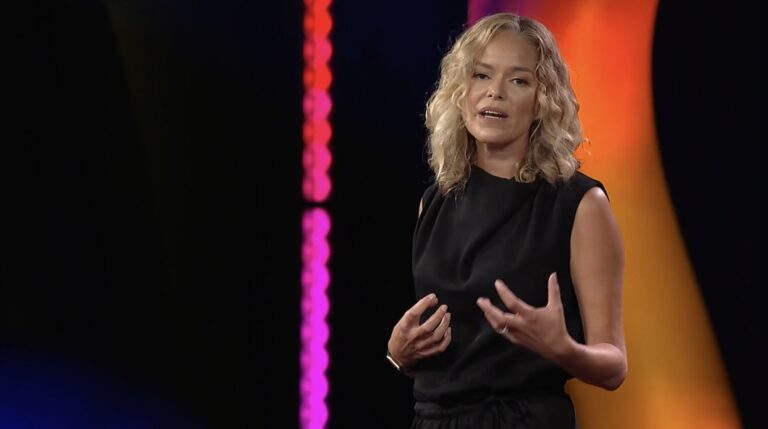Katherine Maher Faces Backlash Over Comments on NPR’s Funding Cuts
The head of National Public Radio (NPR), Katherine Maher, is facing intense scrutiny following her comments regarding non-white voices in media amid the recent congressional decision to cut federal funding for public broadcasting. During an interview, Maher argued that having diverse perspectives on air does not equate to being "woke."
Funding Cuts: A Deep Concern for Public Broadcasting
In a conversation with the Status newsletter, Maher expressed her “deep frustration” with Congress’s decision to eliminate federal funding, a move that many believe will severely affect local radio stations. She emphasized that NPR’s national news operation accounts for less than 0.5% of all federal funds for public broadcasting, asserting that NPR will "continue to operate," albeit with potential repercussions for local service.
- Impact of Cuts:
- Immediate loss of coverage in remote areas.
- Layoffs of local journalists.
- Decreased resources for state and local news.
Political Motivations Behind the Cuts
The decision to cut funding for NPR has been largely driven by Republican lawmakers who accuse the organization of promoting a liberal agenda. During the March congressional hearings, lawmakers confronted Maher with examples of what they considered biased content.
Key Issues Raised in Congress:
- Accusations of "woke" content.
- Specific story examples criticized for perceived bias, including coverage of niche communities.
- Maher’s previous extreme social media statements.
Debate on Bias in Public Media
Despite the backlash, Maher maintains that NPR’s commitment to covering diverse topics – from agriculture to LGBTQ issues – reflects the complexity of American society. She defended NPR against claims of bias, characterizing the narrative as a "stalking horse" for broader political disagreements.
- Quotable Moment:
"Having non-white voices and perspectives on air does not make us woke. It makes us reflective of the complex, diverse nation we serve."
Responses to Maher’s Remarks
Following her interview, several commentators took to social media to voice their disapproval of Maher’s stance on funding and bias:
- Senator John Kennedy stated, “The debate over NPR funding was NEVER about ‘non-white voices and perspectives on air…’ It’s about taxpayers wanting to stop subsidizing ALL media—especially outlets as biased as yours.”
- Conservative commentator Steve McGuire remarked, “NPR got exactly what it deserved” in the context of its bias claims.
The Future of NPR Without Federal Funding
In her interviews, Maher indicated that while the funding cuts present challenges, NPR and public broadcasting as a whole should move forward. She highlighted the importance of public media in the national landscape, noting:
- Public media contributes significantly to the GDP.
- It employs tens of thousands, serving millions across the country.
Maher concluded with a note of resilience, stating that this is an opportunity to reshape public broadcasting.
“It’s our opportunity to seize—fifty years after the passage of the Public Broadcasting Act, we have a strong national network,” she said.
Conclusion: The Path Ahead for NPR
As NPR navigates these turbulent waters, the ongoing debate surrounding bias, funding, and the role of public media remains at the forefront. The cuts could lead to significant changes within the public broadcasting landscape, directly affecting service availability across various communities in America.
For further insights on media bias and funding issues in public broadcasting, visit reputable sources like NPR and Public Broadcasting Service.
This article provides a comprehensive overview of the controversy surrounding Katherine Maher and NPR, structured to engage readers while optimizing for search visibility.


